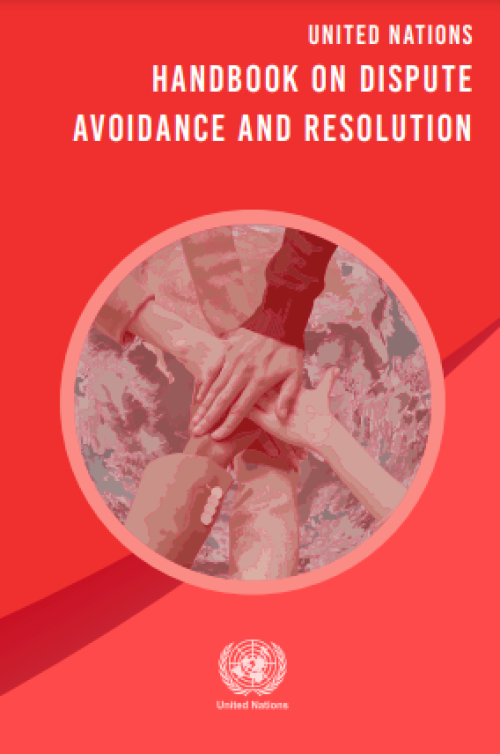
A main preoccupation of those responsible for designing tax systems is minimizing disputes concerning the interpretation and application of income tax laws and ensuring that any disputes are resolved fairly and effectively.
Particularly for tax administrations of developing countries, fair and effective resolution of tax disputes serves to balance the dual country needs to raise domestic revenues and to attract and keep foreign investment. Achieving the right balance contributes to the strengthening of domestic resource mobilization.
The new UN Handbook on Avoidance and Resolution of Tax Disputes provides guidance on the various mechanisms to avoid and, if…
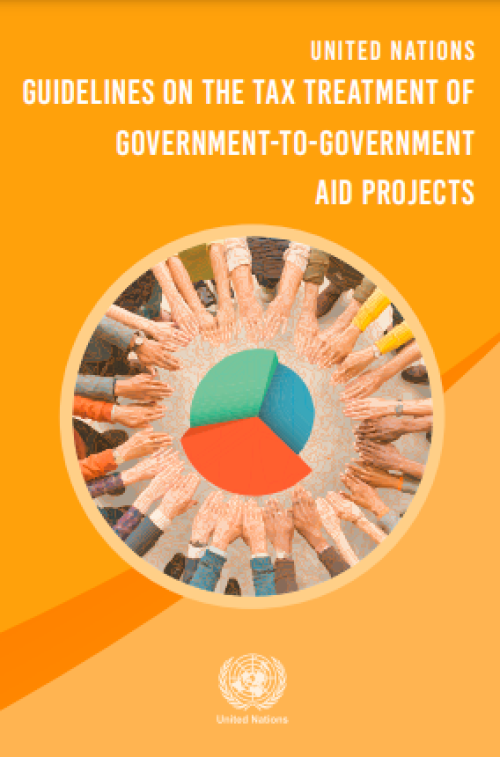
The proliferation of special tax exemptions, including tax exemptions related to government-to-government aid projects, poses a serious obstacle to developing country efforts to broaden their tax base. Donor countries are increasingly conscious of the difficulties that such exemptions create for the tax authorities, and a number of them have reconsidered their policy in this area. This trend is further encouraged by the call in the 2015 Addis Ababa Action Agenda on Financing for Development for countries to consider not requesting tax exemptions on goods and services delivered as government-to-government aid, in order to make their development cooperation more effective.
The new…
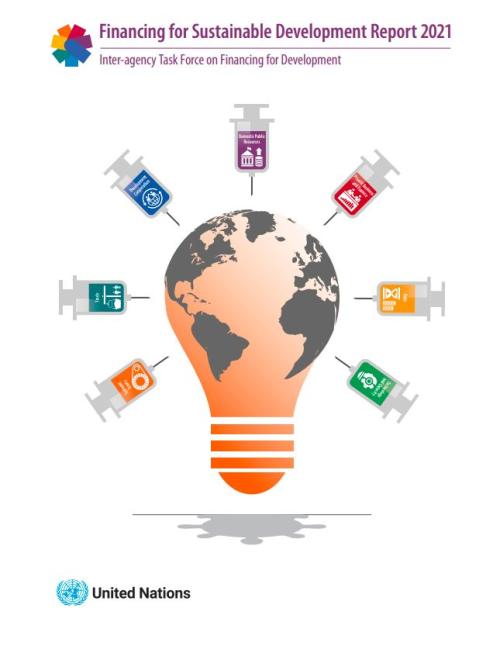
The COVID-19 pandemic is leading to an even more sharply unequal world as the development gains for millions in poor countries are reversed, according to a new report released by the United Nations today.
The Financing for Sustainable Development Report 2021 says the global economy has experienced the worst recession in 90 years, with the most vulnerable segments of societies disproportionately affected. An estimated 114 million jobs have been lost, and about 120 million people have been plunged back into extreme poverty.
Only immediate action can prevent a lost decade for development for many countries.
“What this pandemic has proven beyond all doubt is that we…
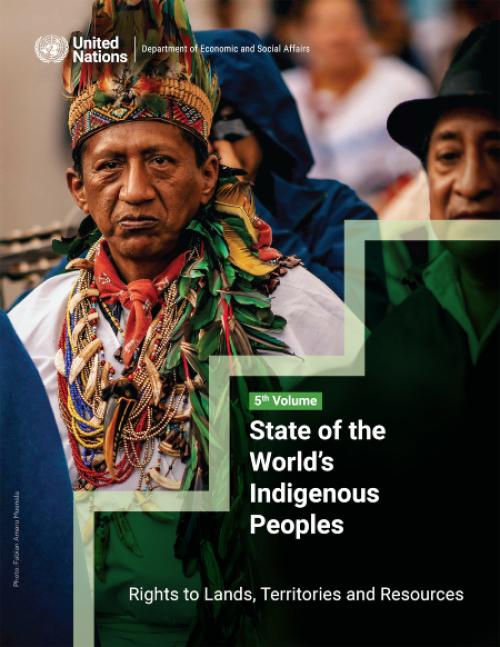
The world’s indigenous peoples call 22 per cent of the global land surface home. They live in areas where you find about 80 per cent of the planet’s biodiversity and much of the world’s non-commercially exploited land and many of its remaining mineral and forest resources, major rivers, fossil fuels and sources of renewable energy.
While often described as the custodians of our Earth’s precious resources, they are frequently denied their rights to lands, territories and resources, according to a new UN DESA publication released today.
The latest volume of the State of the World’s Indigenous Peoples entitled “Rights to Lands, Territories and Resources”,…
COVID-19 has disrupted all forms of human mobility through the closing of national borders and halting of travel worldwide. Preliminary estimates suggest that the pandemic may have slowed the growth in the stock of international migrants by around two million by mid-2020, 27 per cent less than the growth expected since mid-2019, according to a report by the United Nations released today.
Growth in the number of international migrants has been robust over the last two decades, reaching 281 million people living outside their country of origin in 2020, up from 173 million in 2000 and 221 million in 2010. Currently, international migrants represent about 3.6 per cent of…
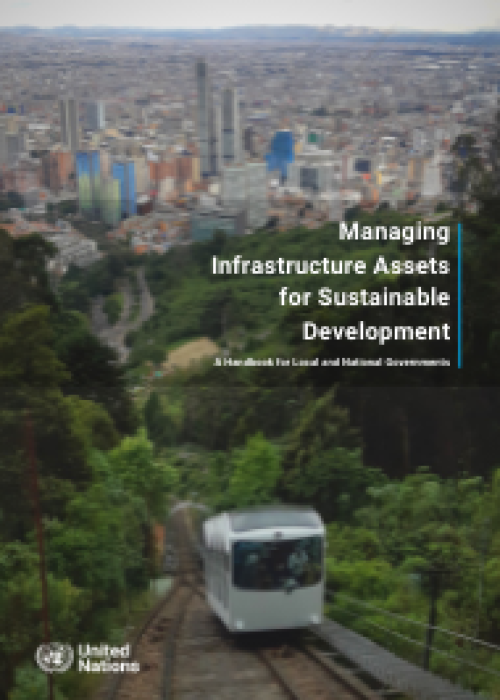
This UN/DESA-UNCDF Handbook represents a significant contribution to the Financing for Sustainable Development agenda, advancing both thought leadership and action. Finalized in the crucible of the COVID-19 crisis, the Handbook brings global visibility to infrastructure asset management as a critical, high impact area for investing in local capacities to mobilize and manage financing for sustainable development, including in emergencies.
With trendy focus on the ‘new and shiny’, old assets often go neglected, while new ones are built without putting in place effective asset management frameworks. Underinvestment in infrastructure maintenance has been estimated to cost some…
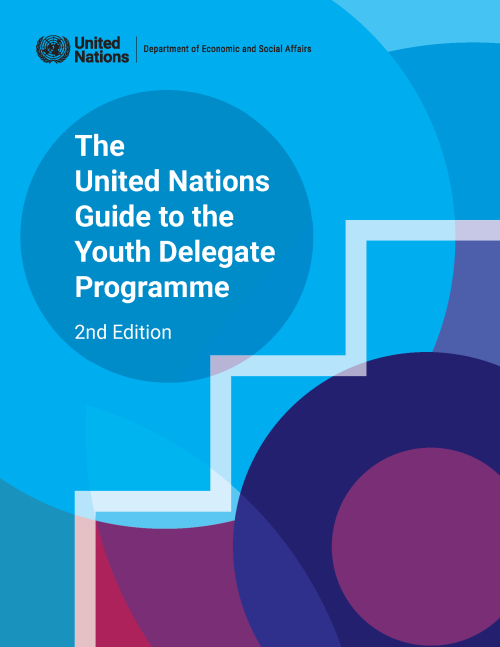
This guide has been developed as a resource for Member States to provide information about the inclusion of youth in their delegations and offers ideas for those with existing youth delegate programmes on how to potentially strengthen them. It includes sections on establishing a programme, suggestions for possible roles of youth delegates and practicalities to be considered.
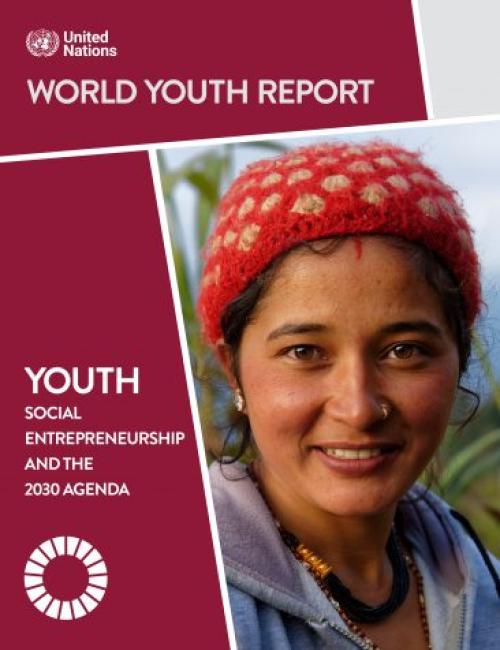
Tearing down barriers that prevent more young people from becoming successful social entrepreneurs will contribute to advancing the Sustainable Development Goals and tackling the socio-economic impacts of COVID-19, according to a new report released today by the UN Department of Economic and Social Affairs.
The report calls on governments and other decision-makers to remove obstacles to youth social entrepreneurship, such as access to start-up funds that are presently limiting the ability of young people to engage in profitable activities. Many regulatory systems often prevent — sometimes involuntarily — young people from accessing financial products and services needed…
Governments must take immediate steps to prevent a potentially devastating debt crisis and address the economic and financial havoc wrought by the COVID-19 pandemic – says a new report from the United Nations-led Inter-Agency Task Force on Financing for Development.
The UN System’s 2020 Financing for Sustainable Development Report outlines measures to address the impact of the unfolding global recession and financial turmoil, especially in the world’s poorest countries. Its recommendations are based on joint research and analysis from the UN System, the International Monetary Fund, World Bank Group, and more than 60 UN agencies and international institutions.
Even before…
Growing inequality in both developing and developed countries could exacerbate divisions and slow economic and social development according to a new UN report, the World Social Report 2020, that was launched today. More than two thirds of the world’s population today live in countries where inequality has grown, and inequality is rising again even in some of the countries that have seen inequality decline in recent decades, such as Brazil, Argentina and Mexico.
The impacts of inequality are being felt at the personal and national levels. According to the report, which is produced by the UN Department of Economic and Social Affairs, highly unequal societies are less effective at…
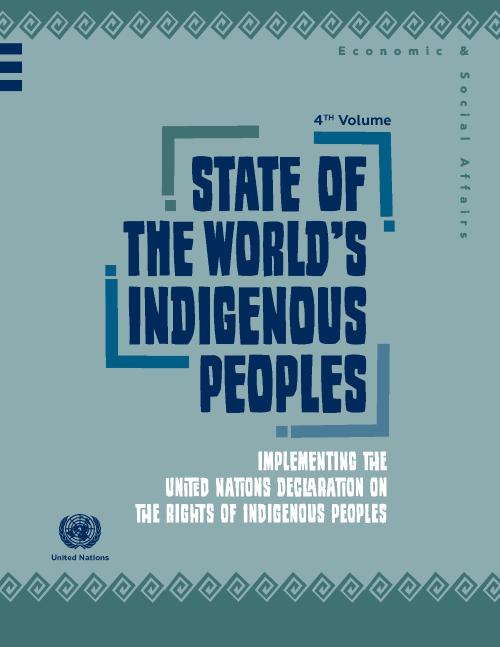
The United Nations Declaration on the Rights of Indigenous Peoples (UNDRIP) has been in place for more than a decade. Has it made a difference? What kind of impact has it had on the survival, dignity and well-being of indigenous peoples. How has it been used? What can be learned from the many ways in which it has been applied and from the obstacles encountered? What gaps and challenges still exist that may be preventing the full implementation of the Declaration? What is the way forward to realize the full potential and promise of the Declaration? These are the questions this publication seeks to explore. This edition of the State of the World’s Indigenous Peoples (SOWIP)…
The world’s population is expected to increase by 2 billion persons in the next 30 years, from 7.7 billion currently to 9.7 billion in 2050, according to a new United Nations report launched today.
The World Population Prospects 2019: Highlights, which is published by the Population Division of the UN Department of Economic and Social Affairs, provides a comprehensive overview of global demographic patterns and prospects. The study concluded that the world’s population could reach its peak around the end of the current century, at a level of nearly 11 billion.
The report also confirmed that the world’s population is growing older due to increasing life expectancy and…
 Welcome to the United Nations
Welcome to the United Nations